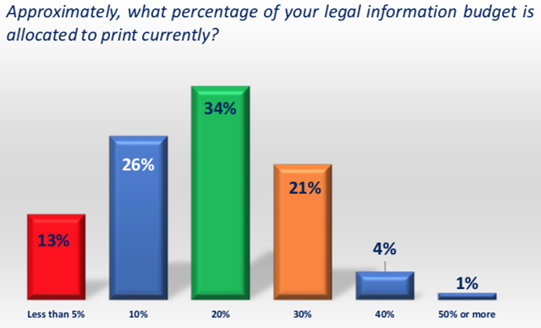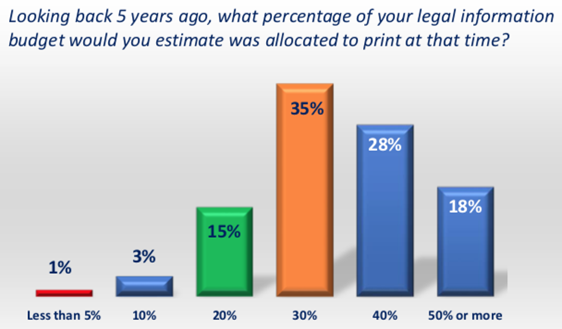Alex West of Feit Consulting writes
COVID-19 has transformed the law firm market. One of those significant, industry-wide changes is how COVID has essentially put an end to books. The good news is, placing focus now on the diminishing value of print creates a valuable opportunity for your firm.
Non-digital assets which cannot be accessed remotely have been rendered useless. Even for in-office professionals, librarians are faced with challenges, such as potential new costs and disruption to sanitize shared objects such as books.
Looking at some of the publishing programs of legal publishers we think Alex may have jumped the gun but tend to agree with him that the days of print books in legal practice are dead.
But that said, law books written to convey ideas and arguments and especially so in legal academia have a long and fruitful life ahead of them and i’d even profer that we will see more of them.
Interestingly in our new book column we started publishing at the beginning of 2020 we’ve noticed that more small and independent publishers around the world are publishing titles carrying a legal argument or idea than ever before, not at all surprising in the time of Trump, climate change, the advent of AI in legal and a 1000 other areas of our lives.
Lawyers may well not be reading legal texts to further their day to day matters but any lawyer that doesn’t have a stack of books at home won’t, we suggest, keeping up with the ones that do.
To paraphrase… The legal book is dead… long live the legal book.
West writes….
We’re seeing the data tell the story in our recent legal information market survey.
We asked respondents how much print made up the budget prior to COVID and what will happen after COVID. We were surprised by the enduring legacy of print. On average, print made up 18% of the current total legal information budget, down from 30% over the past 5 years.
Then, we asked respondents how their print collection budget has changed over time. We noted a significant decline in print, but we were once again surprised by print’s enduring legacy as shown below:


- 1/3rd of our respondents said that 20% of their current budget is for print products.
- 5 years ago, that same third of the market was spending 30% of its budget for print.
Finally, we asked respondents about their plans for print collections post-COVID, over 90% said they are getting rid of all print whenever possible.
90% is huge. Many of those surveyed noted that savings won’t be achieved in the first year due to print contracts and print retention clauses. Foreseeing the end, the vendors with a large legacy investment in print, have slowed law firm cancellations of print, by creating obstacles to elimination:
- Lexis utilizes print and off-line retention clauses to effectively handcuff firms, penalizing them for canceling print.
- Westlaw’s LMA, probably the most successful cancellation inhibitor gave firms a substantial discount to keep print and provide ‘price protection’ (against Westlaw’s own price increases).
- Firms without LMA’s saw their print costs rising >11% annually.
Our survey showed 57% of firms still had LMA’s with Westlaw, indicating that many firms have substantial print and will have to wait to receive savings due to their contractual obligation to pay for print for a certain period of time.
The expiration date for print is now. Getting rid of something as ingrained as print can be difficult – especially during stressful times. But doing this exercise now is important. What are the next steps?
- Collection Review
- Roadmap to a Future without Print
Feit’s library team is ready to help. There are tremendous cost efficiencies available to firms that make this transition effectively. If you’d like to learn more about how Feit is helping its clients, click here to set up a meeting.
Source: https://www.feitconsulting.com/the-end-of-books-is-here-what-are-the-steps-to-take-now/




